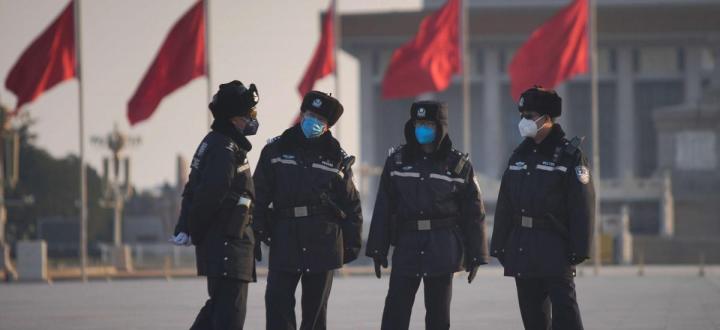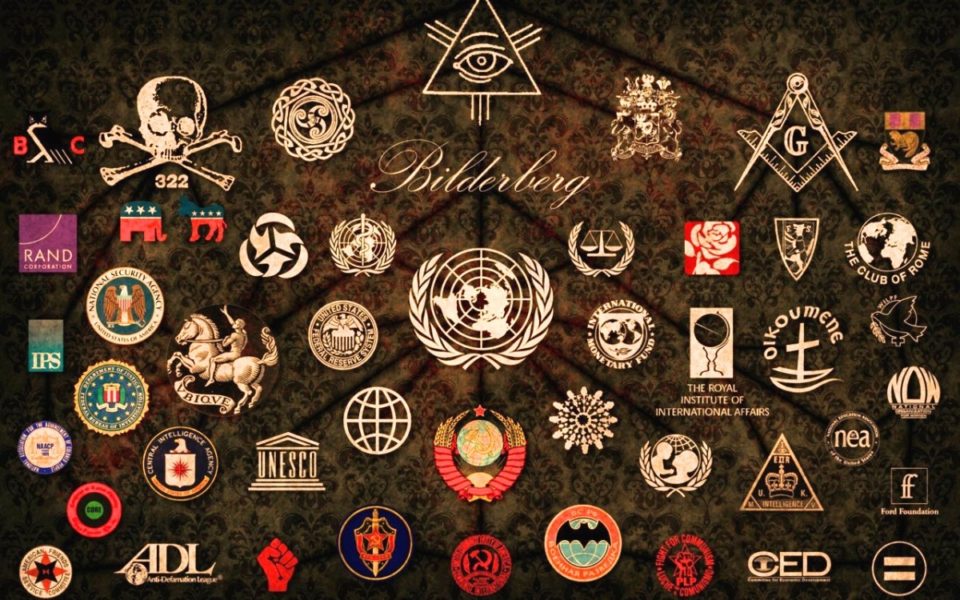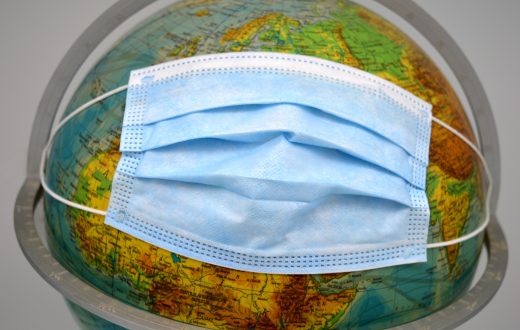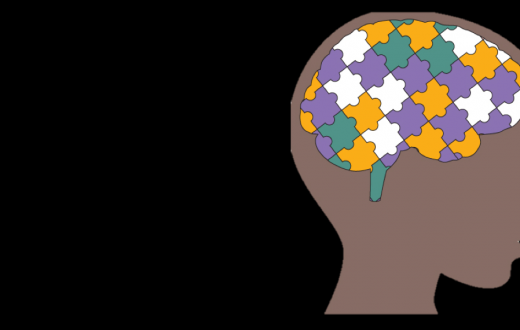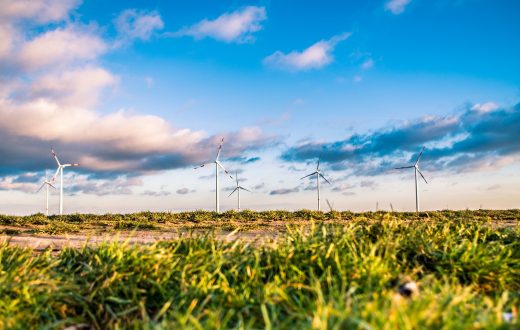As the United Kingdom joined Italy, Spain, Germany and Belgium in entering lockdown overnight, the government has afforded us ample time to pause and reflect on what this crisis can teach us. The reason? Coronavirus, or rather our response to it, has dramatically repositioned the framework of all our everyday lives. Along with the rest of Western Europe, the UK’s social, political and economic structure is now running on its baseline setting. Our doors are locked, the shops are closed, the police are on guard and life as we know it has screeched to a worrying halt. Very clear top-down instructions have caused issues of their own: the self-employed, construction workers, children of split families, the list goes on – what do they do now?
In terms of what we can take away so far from Covid-19, the instant evaporation of physical items and social norms is top of the list. Once Westminster hit the panic button the dystopia began. Bare supermarket shelves, deserted capital cities, apocalyptic queues and a string of major cancellations have formed a squadron that has removed the security from everyone’s lives.
The address to the nation by the PM on Monday evening was a chilling experience. For a couple of minutes the national silence was sobering. Lockdown, or anything close to it, has not been used since WW2. This virus is killing people and it will not cease for a while yet. Make no mistake – society’s fabric has been torn.
All of the impact felt by airlines, train operators, independent retailers, pubs, etc., will leave a mark that long outlives this pandemic. In tandem with the environmental revolution that has really gotten underway in the past couple of years, coronavirus will at last make the question unavoidable: do we really need to travel as much as we do? Airlines have been failing globally en masse for years and this will be the final nail in the elitist, fuel-indulging coffin. The decline won’t stop.
Coronavirus has brought with it questions over how connected we are, too. Emergency laws restricting social interaction have hit us all hard and made us all realise that our societal freedom is often, if not always, taken for granted. Are we interconnected too much? Wartime Europe was a Europe made of traditional family models and strong, local communities; 2020 Europe could not be any more different, where greed and unlimited choice are leisure activities, not sins. Our social behaviour may have been stopped but, ironically, the internet has provided a safety net. TV presenters are using it to address us from home; big city workers are using their bedrooms to read those pesky emails and any crowds are posted on Twitter in seconds. It seems almost impossible to imagine these scenarios without social media, doesn’t it? For the first time since its creation, the internet has temporarily become the primary interaction mechanism while face-to-face has been sent packing. Fortunately, this will make us realise the importance of human contact and reveal just how ephemeral social media engagement is. It’s great news for the CEOs of Twitter and Instagram but once this has blown over people will question exactly how relevant they are.
Using the informative angle helps to avoid stress with the news headlines. Upon seeing panic-buying in supermarkets we must ask: is overconsumption too tempting? With over £1billion of surplus groceries reported to be in our cupboards, is this the true face of human beings? How compassionate are we, deep down? There are no doubt plenty of double-agents who call out the greediness of others then raid the shops as soon as they open. The survival instinct has kicked in and we have all realised that we are just mammals with an innate objective to retain stability and existence. Science tells us that homo sapiens is a selfish species first and an altruistic species second. Quod erat demonstrandum.
Globalisation can add coronavirus to its growing list of threats. We talk about our success at dealing with the virus in terms of national figures and every graph documents the curves of separate countries. Bodies such as the EU and the IMF have faded into the background and national governments have stepped forward to tackle this problem. The Italian government’s priority is saving Italian lives, yet the virus hits us all the same regardless of ethnicity or language. Is nationhood reserved for crises? In only a few weeks, the daily workings of a globalised and tightly-packed Earth seem irrelevant as a natural health disaster asserts its dominance over human innovation again, as it did with SARS, Smallpox, AIDS and MERS.
We dealt with them as we will deal with this: panic followed by information followed by calmness. But Covid-19 is different. Ease of transmission has threatened how we live: the closer we are, the more vulnerable we are. The empirical problems will fade as we contain this evil but the theoretical, more abstract questions that have arisen will take years to tackle. We many even look back on this pandemic as having one, clear upside – we need to reevaluate how we live, consume and interact.

